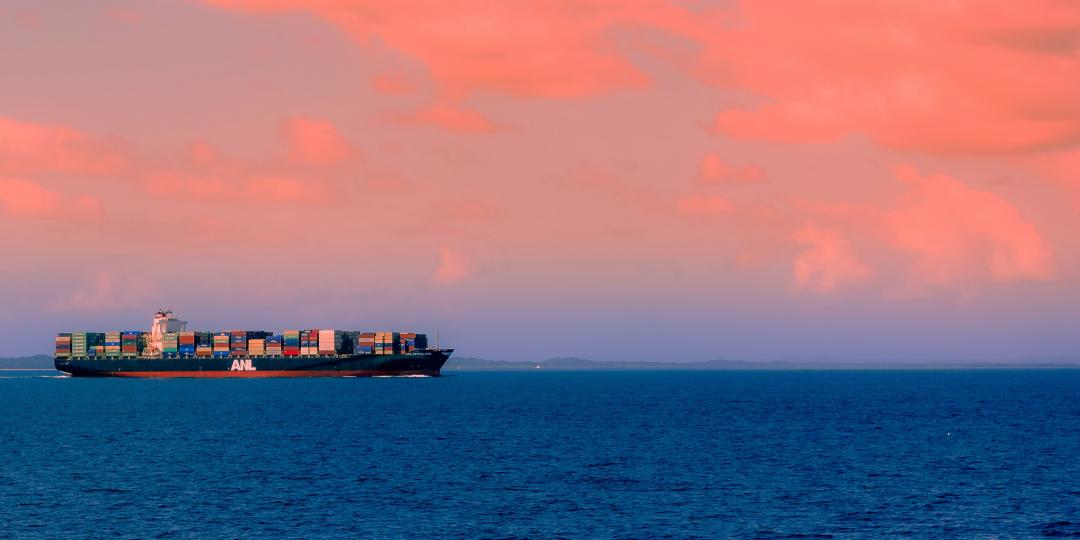Growing sea traffic around southern Africa in the wake of the Red Sea crisis makes the region vulnerable to transnational criminal syndicates.
These syndicates are looking to exploit vulnerabilities in coastal and ocean safety measures as well as rich mineral wealth and fish stocks.
A report by the Institute of Security Studies (ISS) notes that there is currently “no holistic, coordinated effort actively mapping and targeting criminal activities in Africa’s South Atlantic, potentially leaving a security void”.
The ISS notes in its weekly ‘ISS Today’ that the region is a known thoroughfare for cocaine smuggling and illegal, unreported and unregulated fishing has been flagged off the coasts of Namibia and Angola.
Northern Angola has fallen victim to vessel attacks and cross-border fuel smuggling to Namibia and the Democratic Republic of the Congo. The ISS warns that recent oil and gas discoveries off the Namibian coast could attract “both big multinational companies and transnational criminal networks”.
“Southern Africa, like most of the continent, has limited capacity to cover its large coastal waters and must contend with criminal networks traversing sovereign maritime borders and the high seas, drifting between jurisdictions,” the ISS noted.
“Therefore, sharing capacities and information to collectively safeguard its shores is non-negotiable.”
However, there is no single security initiative that involves all Atlantic littoral states, and where cooperative regional agreements exist, they are limited in scope, don’t include all key players or don’t focus on security matters.
Overarching frameworks such as the Southern African Development Community’s (SADC) Integrated Maritime Security Strategy and the recently established Atlantic African States Process could provide a structure to tackle coastal and ocean security, but the ISS says it needs more institutional support.
“Measures to safeguard Africa’s South Atlantic are even more pressing now that vessel traffic has increased due to ships being rerouted around the Cape of Good Hope to avoid the Gulf of Aden and the Red Sea. This could be further exacerbated as drought limits transit through the Panama Canal,” the ISS said.
“Because South Africa’s ports lack capacity and face deteriorating infrastructure, Angola and Namibia could take on the bulk of rerouted vessels through their waters and ports. If Russian oil sanctions increase demand for African oil, this poses a further risk.
“So, too, do the likely effects of climate change on access to declining marine living resources, with dire implications for African countries and coastal communities,” the report noted.













